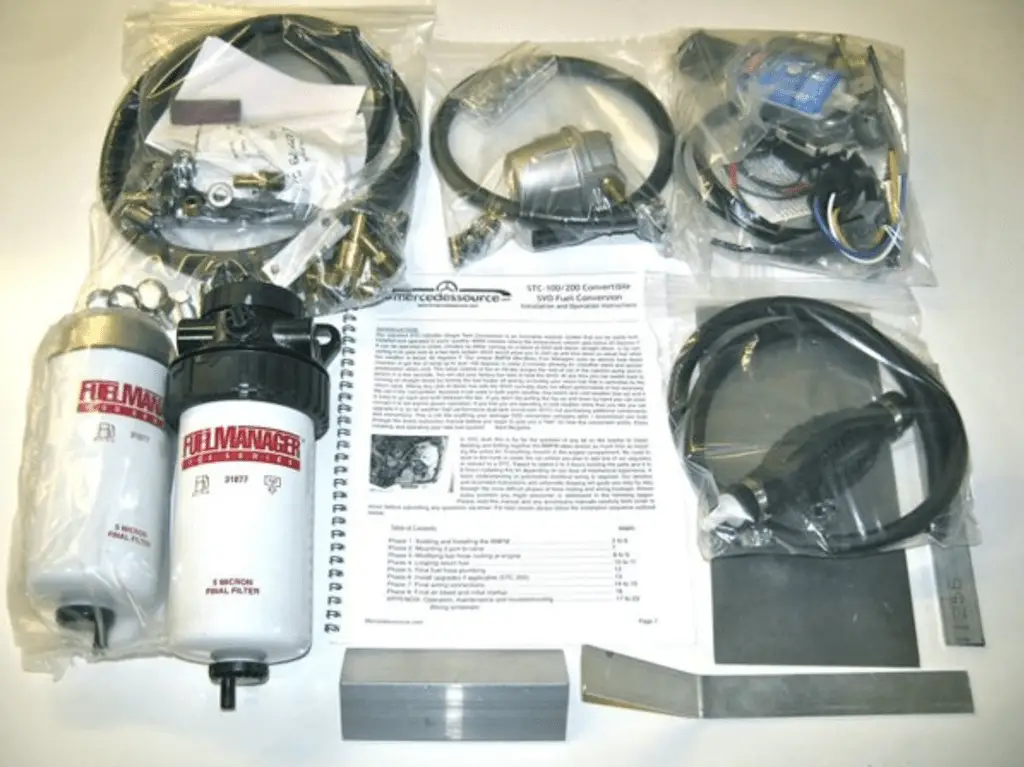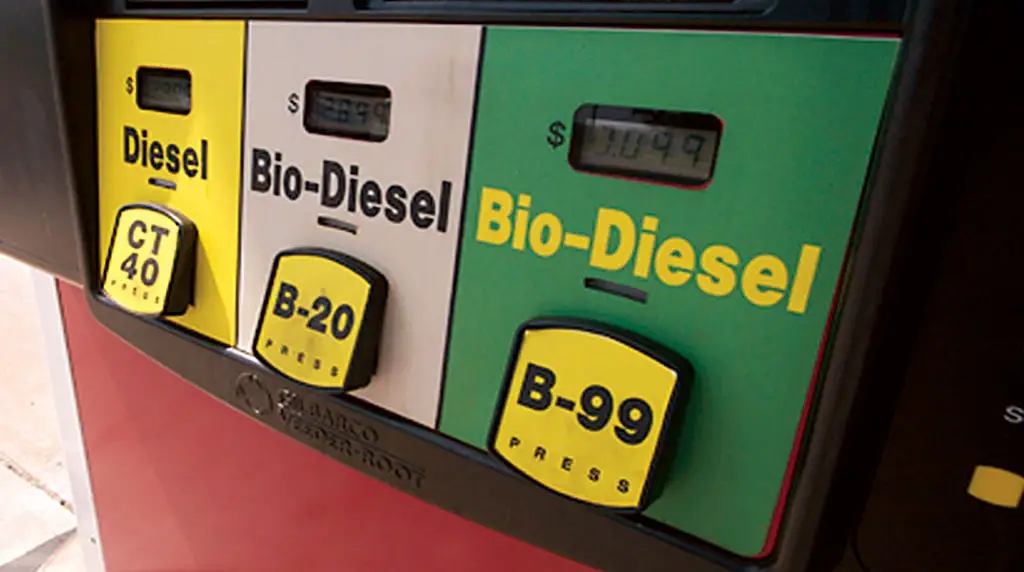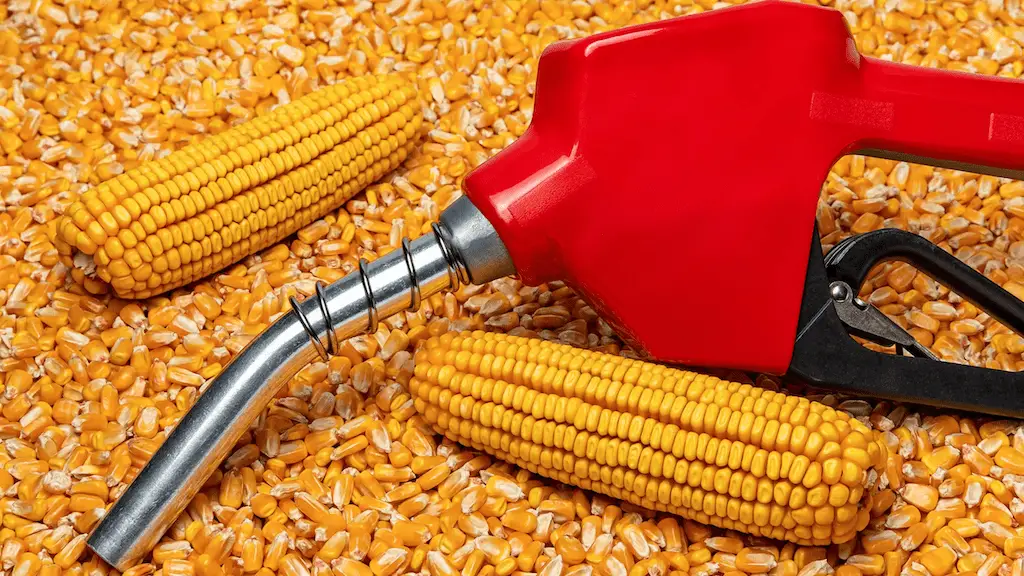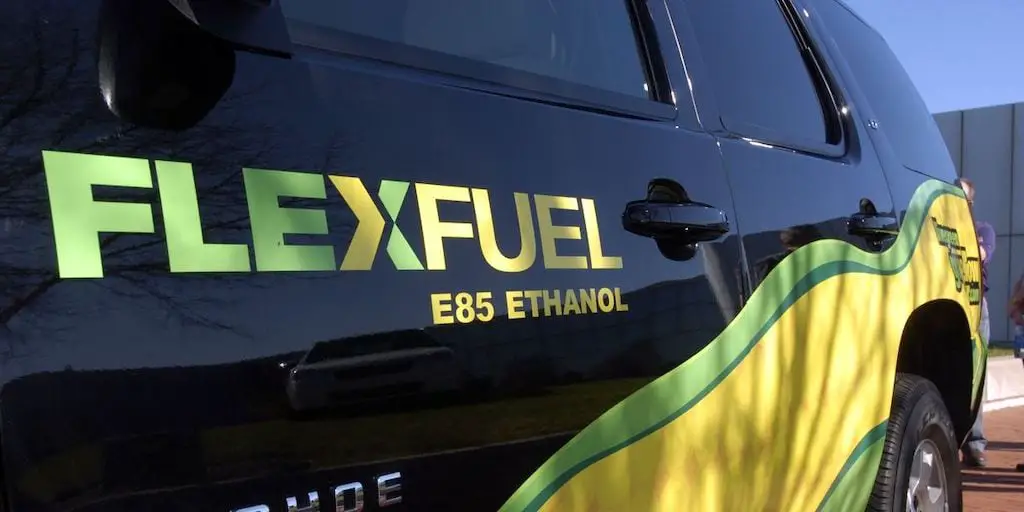Currently, electric cars are heavily promoted as THE THING that will save us all from the impending apocalyptic hellscape that is 2°C or more of global warming, and that if you want to do your part to save the world, you should ditch your gasoline car and buy one.
However, I am a firm believer that you cannot consume your way out of a problem created by consumption in the first place. As a result, at least a part of the solution of addressing climate change should come from retrofitting existing vehicles such that they can reduce carbon emissions without the need for additional production.
Fortunately, the tech for viable alternatives to electric cars is already out there. In some cases, using these alternatives can not only make sense for the environment, but for your wallet as well.
Table of Contents
For diesels, consider a WVO conversion or running B100

Of alternatives to electric cars, one great option for older diesel engined vehicles to reduce carbon emissions is to do a waste-vegetable oil conversion. Since vegetable oil is produced from plants, that means when these plants were growing, they took carbon dioxide out of the atmosphere, so the emissions will be fully offset, and should be near-carbon neutral. While conventional fossil fuels could make the same claim, since they are a form of sequestered carbon (albeit an energy dense one) from a time when the climate was much warmer, and the goal is to not go back to the a Jurassic climate, that would kind of defeat the point.
In addition, waste vegetable oil (WVO) has the benefit that it has already been used once for cooking (hence the name, waste), you are reducing the burden on the waste disposal systems in your area. The cost is also fairly low, since only slight modifications to the fuel system are required, and the first Diesel engine ever made by its inventor was designed with the intent of running on peanut oil!

In addition, there is a whole community out there of guys taking late model Mercedes-Benz diesels and Volkswagen TDIs and running them on waste vegetable oil with minimal issues. The cost is a negative of using WVO though, as $3,000 is about how much you will need to spend to convert your vehicle to run on the fuel.
If the initial conversion cost is a problem, and you still want to reduce carbon emissions, consider running straight biodiesel (B100 in industry terminology) instead, as no modifications are needed. This is because biodiesel is chemically identical to fossil fuel derived diesel, so, in theory, there should be no issue running it as-is. For extra precaution, do be sure to consult with your vehicle’s owner’s manuaI or forums dedicated to your car to see if running a biodiesel blend will work without issue.
Interestingly, the diesel fuel sold in the U.S, like gasoline, is a petroleum/biofuel blend, with content of diesel fuel sold at most fuel stations is consisting of anywhere between 5 and 20 percent biodiesel. All is not perfect though, as if you want to use B100 instead, you will likely be paying more for it.
The result is that it is still cheaper for most people to continue burning the bodies of dead prehistoric fish than to stop polluting, and it is easy for most people to think “it won’t make much of a difference if only I do it.” For these people, money speaks louder than any rational argument, and this remains the largest barrier to its widespread adoption.

Overall though, using WVO or Biodiesel is a fantastic way for drivers of diesel-engined vehicles to reduce their emissions without paying too much more, and it is a fuel I am convinced will need to be a part of the energy mix to solve the climate change problem.
For gasoline cars, consider converting your vehicle to run on Ethanol, either E100 or an E85 Blend.

If your car is powered by gasoline, then the alternatives to electric cars look even better. Why? This is because there is an already proven fantastic option that not only lets you use a carbon-neutral fuel, but also allows you to run your car at higher power levels than would be possible with traditional gasoline (with a supporting ECU tune, of course). That option? Ethanol.
In fact, this is probably one of the most viable options, since most cars in the U.S. already run partly on ethanol anyway. This is because in the U.S, most gasoline is a blend consisting of anywhere between ten and fifteen percent ethanol.
However, it gets better. What most people may not know is that there is a good chance that if they own a car made within the last 10 years, it is already capable of running E85 or E100 without modification! Why? Because manufacturers have been increasingly equipping new vehicles with “flex-fuel sensors” that are able to adjust the fuel ratio accordingly depending on the blend of ethanol detected by the car’s sensors within the fuel system. To be absolutely sure though, I would advise consulting with your vehicle’s owner’s manual to ensure that your car has that capability.

But even if your vehicle doesn’t, don’t worry! Because ethanol has various properties that are desirable for performance cars (notably higher resistance to premature detonation in the combustion chamber compared to gasoline) producing higher-than-stock horsepower ratings, performance shops are accustomed to doing these conversions, and in some cases, these can be done for as little as $500 USD, making it a fantastic option.
In fact, ethanol has already widely displaced gasoline as the fuel of choice for cars in Brazil. This is because the abundance of arable land in the country’s Cerrado region suitable for growing sugarcane and government policy have come together to make ethanol even cheaper than gasoline, nearly a third cheaper at the time of writing. In other countries though, the source of ethanol may need to be different depending on local climate conditions, and in the case of the U.S, most ethanol is derived from corn, and in other places, sugar beets may be a good call to use.

Ethanol, however, is not perfect. In a car not capable of running ethanol, using it anyway will eventually destroy your car’s rubber fuel lines, as ethanol eats away at traditional rubber, necessitating a replacement with synthetic rubber lines instead. In the U.S., Ethanol is produced from corn, and that same corn is often used as livestock feed, meaning increasing ethanol production can cause a rise in the price of beef, the second most consumed meat by Americans.
In addition, ethanol is also less energy dense than gasoline. Using ethanol, one can expect a 20-25% drop in fuel economy compared to traditional gasoline. However, in the aforementioned case of Brazil, the nearly third to half lower price means that it still makes financial sense for most people to run pure ethanol fuel instead of fuels with a higher content of traditional gasoline.
Overall though, if ethanol can be produced cheaply enough, it represents an excellent biofuel that will allow car enthusiasts to continue to use and maintain their combustion-engined cars in a way that doesn’t damage the environment, and give them some alternatives to electric cars that don’t mean changing their classic car’s character.
Bonus: Plant some trees!

What if neither of those options is possible for you. Then there is something you can still do to fully offset your carbon emissions. Think for a moment, what is the thing that removes CO2 from the air naturally? Plants! What is happening to manufacture batteries needed to make electric cars possible. Large swaths of rainforest, the biggest carbon absorbing regions of the world, are being destroyed to mine the minerals needed to make an electric car battery (more on that here).

A better way to offset your CO2 emissions is a very simple one: plant some trees! Enough forests are already being destroyed around the world for things like electric cars, and by planting some trees, you are helping to bring them back! In order to offset the carbon emissions that the average American emits, on average, per years, the presence of 150-200 trees makes those emissions net zero.
And the good news is, given how much open space there is in America (especially in the form of lawns that are hardly ever used), and given how many rural Americans own their own houses and have additional land to work with, this is not only an excellent way to reduce your carbon footprint, but could be a great means for families to do something together. And after all, its usually the small, seemingly trivial things that your children, as adults, will look back on as their most fond memories.
Summary
What do you think, would you do one of these conversions? If you have, what are your experiences? Let me know down in the comments below!

